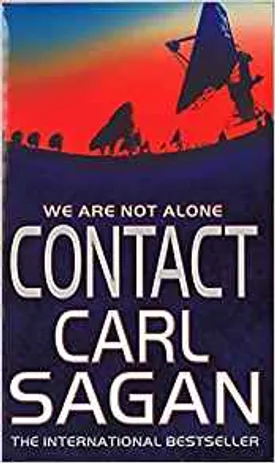Carl Sagan
Carl Sagan was an astrophysicist and author who was one of the most influential figures in popularizing and advocating for science in the twentieth century. A prolific writer, Sagan wrote or co-wrote over 20 books and hundreds of scientific papers and popular articles. His most famous book, ‘Cosmos’ (1980) remains one of the best-selling science books of all time. He was also instrumental in creating and popularizing the iconic ‘Cosmos: A Personal Voyage’ television series, which aired from 1980 to 1981, and which brought the marvels of outer space to the general public.
A native of Brooklyn, New York, Carl Sagan was born in 1934. His parents, Sam and Rachel Molly Sagan, were working-class Jews who emigrated from Russia in the early part of the twentieth century. As a youth, Sagan’s academic inclinations were shaped by his parents, who placed a great value on education and encouraged him to pursue a career in science. After graduating high school at the top of his class in 1951, he attended the University of Chicago and earned his undergraduate degree in 1954. He then extended his education with a doctorate in astrophysics from the University of California, Berkeley.
Throughout the rest of his academic career, Sagan would make a name for himself in fields spanning astronomy, astrobiology, exobiology and space exploration. Along the way, he made significant contributions to the scientific literature, including theories about the origins of life on Earth and the possibilities for life elsewhere in the universe. Sagan's scientific work also focused heavily on the search for extraterrestrial intelligence, or SETI. In his lifetime, he became an expert in media relations and an advocate for scientific inquiry and public interest in space exploration.
In addition to being an acclaimed scholar, Sagan wrote a range of books and other works that brought scientific concepts to the general public. His iconic publication, ‘Cosmos’, was first released in 1980. In the work, Sagan explored a series of scientific topics and phenomena, such as cosmology, astrophysics and the search for extraterrestrial life. It was met with massive success, becoming the best-selling science book of the twentieth century.
Courting even further public interest in science, Sagan created what became one of the most popular documentary series in television history. ‘Cosmos: A Personal Voyage’ was an ambitious project that featured 13 episodes and aired on PBS during 1980 and 1981. The series made science accessible to the public, inviting people to explore a range of fascinating topics in space and our universe. It earned an Emmy Award, Peabody Award, and numerous other accolades.
Carl Sagan’s standing as one of the top science writers of all time was cemented in 1999 when he was posthumously inducted into the American Astronomical Society’s Hall of Honor. He was the first scientist to receive this honor. Sagan died in 1996, leaving behind a lasting legacy that continues to guide and inspire new generations of scientific minds. He will forever remain an inspiration and popular figure in the field of science.

